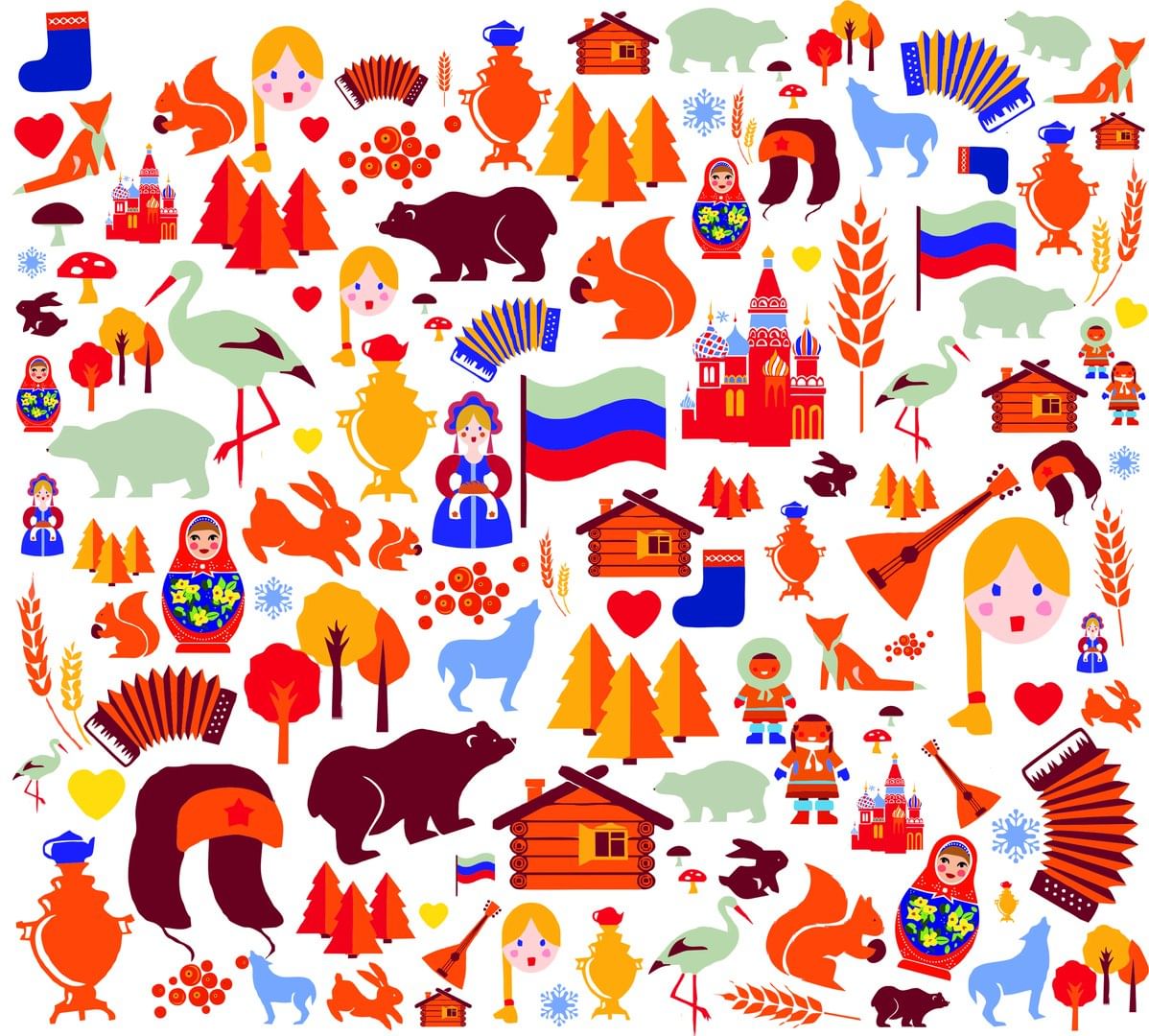There are some words in Russian that are quite difficult to translate into English. Explaining their meaning to a foreigner is often difficult. We present you 5 Russian words that surprise foreigners and http://lingvanex.com/translationserver/!
1) Longing. Although this Russian word roughly translates to “emotional pain” or “melancholy,” native speakers argue that Americans cannot understand its depth. Vladimir Nabokov wrote about this: “Not a single word in English conveys all the shades of the word melancholy. At its  deepest and most painful, it is a feeling of great spiritual suffering for no particular reason. On a less painful level – vague pain of the soul, longing desire in the absence of the object of desire, painful longing, vague anxiety, mental suffering, strong desire. In some cases, it may be a desire for someone or something specific, nostalgia, love longing. At the lowest level, longing turns into ennui, boredom. ”
deepest and most painful, it is a feeling of great spiritual suffering for no particular reason. On a less painful level – vague pain of the soul, longing desire in the absence of the object of desire, painful longing, vague anxiety, mental suffering, strong desire. In some cases, it may be a desire for someone or something specific, nostalgia, love longing. At the lowest level, longing turns into ennui, boredom. ”
2) Why is it. This word is used in relation to a person (usually a child) who asks a lot of questions. While native English speakers may use a synonym for busybody, why doesn’t have this negative connotation. In fact, parents or grandparents tend to use the word fondly.
3) Dry forest. As in English, in Russian there are many words to convey the state of intoxication – its stages, hangover, and so on. “Dry” means “the intense thirst and dryness in the throat that you feel when you wake up after a night of drinking.” It can also be interpreted as a synonym for the saying “in the mouth of the cat shit.”
4) Beloruchka. This word describes a person who does not want to do any dirty work. As noted by the Moscow Times, in Russian, words with roots “black” and “white” have thousands of shades of meaning “good” and “bad”.
5) I didn’t drink enough. Another word associated with booze. It means that someone has drunk more than the norm, but less than the amount that he, in principle, could have drunk.

